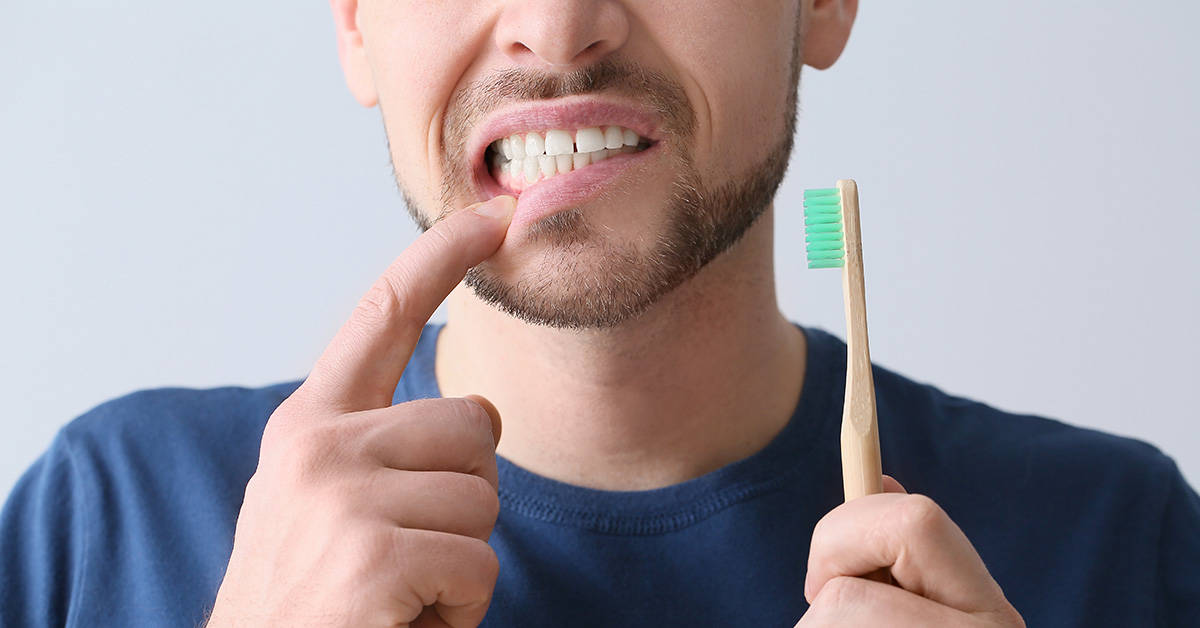
Maintaining a regular teeth cleaning routine is essential for your overall dental well-being. Since your mouth and teeth serve as the primary entry point for both food and air, they are in constant contact with acids, chemicals, and potential pathogens. These factors can accelerate tooth decay and deterioration. To prevent this, dental clinics in Sarnia, like many others, emphasize the importance of proper oral care practices.
Invest in Your Smile: Best Supplements for Dental Car
Nevertheless, some dental care practices may inadvertently harm rather than help. These detrimental practices encompass the use of incorrect toothpaste formulations and excessive brushing force. If you find yourself engaging in any of these habits, it's important to recognize that they might be expediting the deterioration of your teeth.
Brushing your teeth is an essential part of maintaining good oral hygiene, but it's important to do it correctly to avoid common mistakes that can harm your teeth and gums. Here are some common mistakes people make while brushing their teeth:
Nutritional Support for a Radiant Smile
13 Mistakes You Make Brushing Your Teeth
1. Using the Wrong Brush: Using a toothbrush with hard bristles can damage your tooth enamel and gums. Opt for a soft-bristle brush to avoid excessive abrasion.
2. Brushing Too Hard: Brushing aggressively can wear down tooth enamel and irritate your gums, leading to tooth sensitivity and gum recession. Brush gently with small circular motions.
3. Incorrect Brushing Technique: Brushing haphazardly or using back-and-forth motions is less effective than using a proper technique. Hold your brush at a 45-degree angle and use gentle circular or short back-and-forth strokes to clean all surfaces of your teeth.
4. Brushing Too Quickly: Spending too little time brushing your teeth (less than 2 minutes) can leave behind plaque and food particles. Aim for a full 2 minutes of brushing.
5. Neglecting the Gumline: Plaque and bacteria can accumulate along the gumline. Be sure to brush gently along the gumline to remove these deposits.
6. Not Brushing Long Enough: Some people may rush through brushing their teeth. The recommended time is at least 2 minutes. Using a timer or an electric toothbrush with a timer can help ensure you brush for an adequate duration.
7. Ignoring Your Tongue and Inner Cheeks: Bacteria can also accumulate on your tongue and the inside of your cheeks. Use your toothbrush or a tongue scraper to clean your tongue, and gently brush the inside of your cheeks.
8. Brushing Immediately After Eating: Brushing right after consuming acidic foods or drinks can weaken tooth enamel. It's best to wait at least 30 minutes to brush if you've had something acidic.
9. Not Rinsing Your Mouth: After brushing, it's essential to rinse your mouth with water to remove debris and toothpaste. Spit out the toothpaste but don't rinse with water immediately after brushing, as this can wash away the protective fluoride.
10. Using an Old Toothbrush: Replace your toothbrush or toothbrush head every 3-4 months or when the bristles show signs of wear.
11. Skipping Flossing: Brushing alone can't reach between your teeth and along the gumline. Flossing is essential for removing plaque and food particles from these areas.
12. Not Using Fluoride Toothpaste: Fluoride helps strengthen tooth enamel and prevent cavities. Make sure your toothpaste contains fluoride.
13. Neglecting Regular Dental Checkups: Even with perfect brushing habits, regular dental checkups are essential for professional cleanings and detecting potential issues early.
To maintain good oral health, it's important to brush your teeth correctly, avoid these common mistakes, and follow a comprehensive oral hygiene routine that includes flossing and regular dental checkups.
Building Strong Teeth: Supplements You Should Consider



0 Comments